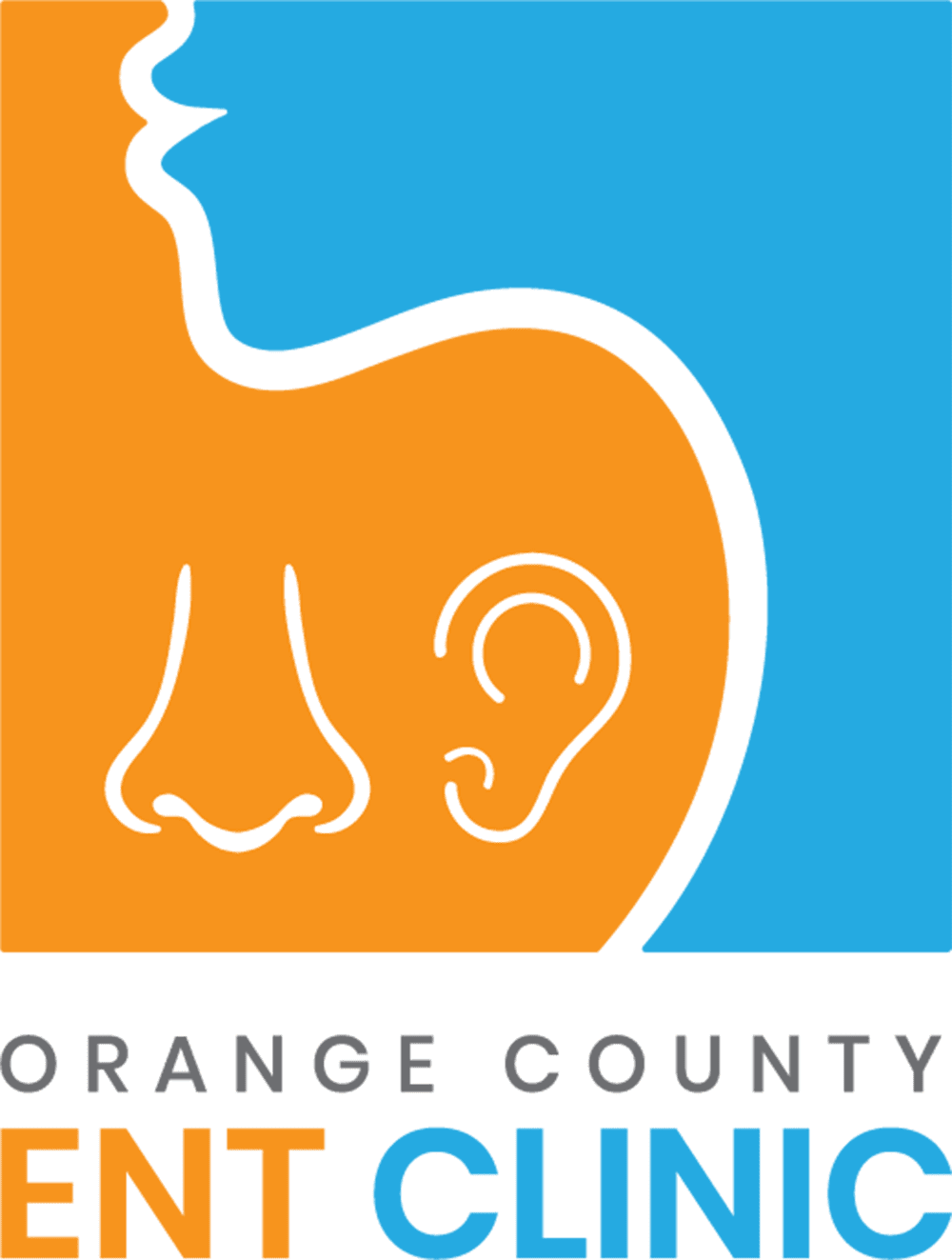
Nearly half of all adults snore at least occasionally. While loud snoring can range anywhere from 50 to 100 decibels, it’s usually when the 40 db range is reached that snoring begins to disrupt sleep.
In addition to being a potential nuisance to a sleep partner, snoring can sometimes be a sign of a serious problem, such as sleep apnea or a respiratory ailment, that requires attention. Fortunately, there are several treatment options available that may minimize issues with snoring.
Lifestyle Changes
The first attempt at treating mild or moderate instances of snoring is usually involves recommended lifestyle changes. If you have excess weight, for example, losing weight may be advised to see if snoring problems can be brought under control. You may also be advised to:
- Avoid alcohol prior to bedtime
- Stick to a regular sleep schedule
- Get sufficient sleep – adults need about 7 hours of sleep per night, school-age children need about 12 hours
- Quit smoking


Treating Nasal Congestion
Some degree of nasal congestion is a common contributing factor to snoring. On popular solution is the use of nasal strips that are worn as you sleep to gently keep your nasal passages open. An external nasal dilator, which extends across the nostrils to reduce airflow resistance, achieves a similar goal. However, these treatments won’t be effective if you have obstructive sleep apnea (OSA) as an underlying cause of your snoring. A steroid spray may help if you have chronic congestion.
Managing Allergies
If it’s been determined that allergies are likely causing you to snore due to related nasal blockages, you may be advised to take steps to avoid known allergy triggers. If the problem is indoor allergens like dust and other impurities, you may benefit from the use of an air purifier in your bedroom as you sleep.
Surgery for Structural Defects
Snoring is sometimes the result of structural issues that may include a deviated septum, which is the structure that separates your nostrils. If this is what’s likely contributing to your snoring and breathing irregularities, surgery may be recommended to move your septum to a normal position. Surgery may also be necessary if you have a cleft palate that’s affecting your upper airway, although this is more common in children. Surgery specifically for snoring may include:
- Uvula shortening (laser-assisted uvulopalatoplasty)
- Palatal implants to prevent collapse of the soft palate when sleeping
- Heat removal of uvula and soft palate tissues (somnoplasty)
- Surgically increasing airway space by removing certain tissues
Alternative Medicine
There are numerous home-based therapies and over-the-counter products available that claim to be able to help minimize snoring. While some of these options may work for some people, there is often very little scientific evidence of their effectiveness.
Anti-Snoring Throat Exercises
With mild instances of snoring, it may be suggested that you try anti-snoring exercises that are designed to strengthen upper respiratory tract muscles. Recommended exercises may involve repeating the vowels clearly and slowly, placing your tongue behind your front teeth, and closing your mouth and pursing your lips for 30-seconds at a time.
Medical/Dental Devices
If airway pressure is contributing to your snoring, you may benefit from the use of a device called a continuous positive airway pressure (CPAP) machine as you sleep. It has a mask attached to it that delivers a preset amount of pressure to help control your nighttime breathing. Custom-fitted dental devices may also minimize or eliminate problematic snoring. A similar option is a lower jaw positioner.
It’s also best to avoid the recurring use of sleeping pills and other sedatives if you want to prevent snoring. If you suddenly developed serious issues with snoring after taking a new medication, talk to your doctor about possible adjustments. You may also be able to prevent snoring by changing your sleep position. If you are a moderate snorer, for instance, sleeping on your side instead of your back may help.
